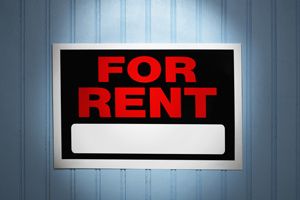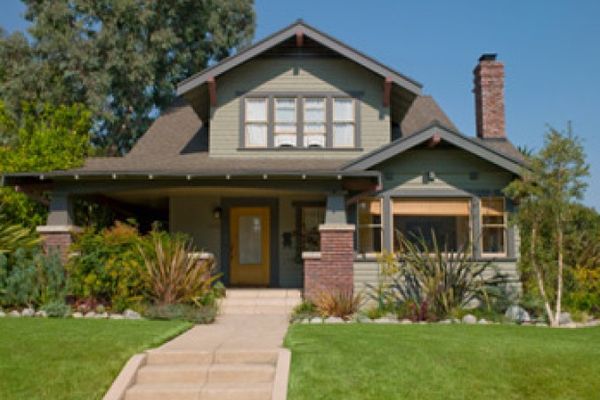The basic reason homes are foreclosed is because homeowners can no longer pay the mortgage. There are several reasons for this. First, people may have taken on too big a commitment in the first place, but were able to do so because of the attractive terms of a subprime mortgage. Before the housing crash, many people with low incomes and low credit scores were offered a subprime mortgage with low interest rates that made them seemingly affordable. When the interest rates and therefore the mortgage payments increased, they found that they didn't have sufficient funds to make the payments.
Another reason for foreclosure is the state of the economy. In a boom economy, house prices increase but in a recession house prices can fall dramatically. That can mean that the value of the house turns out to be much less than the mortgage owed on it. In this situation, the homeowner often has little choice but to foreclose. House prices are also likely to fall in areas where there is an oversupply of newly built homes, which investors are now unable to sell due to the fall in the market.
Advertisement
With the recession, many people are losing their jobs and are unable to continue to make their payments. If people want to continue working, they may have to relocate to another state. They will then have to pay two sets of house payments while they are making the transition and waiting for their first house to sell. Illness or bereavement can also be a factor in foreclosure. Huge hospital bills and the loss of income of the primary breadwinner may mean that mortgage payments are neglected. And, of course, another reason is divorce. When people divorce, one party moves out and who pays the mortgage may be a contentious issue. What often happens is that, in the end, no one pays, and the house is foreclosed.
Advertisement

